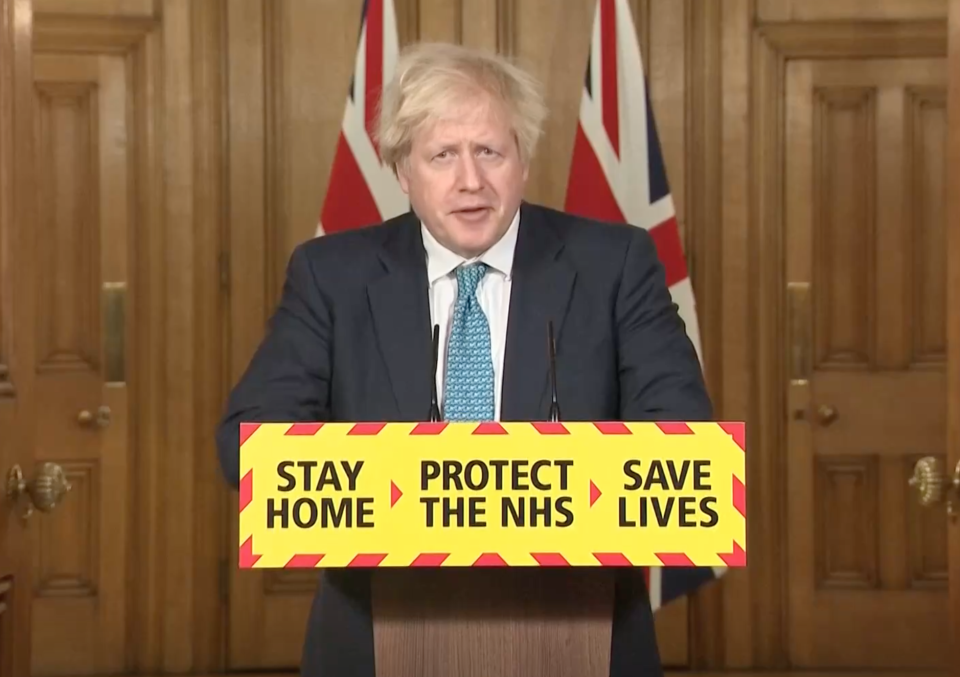Covid news - live: New drugs that ‘significantly’ reduce risk of death rolled out as daily UK fatalities pass 1,000 again

Almost 1.5 million people have now been vaccinated against Covid-19 and everyone in care homes should receive a jab by the end of January, Boris Johnson says.
But GPs are warning of problems in some areas getting supplies as surgeries began rolling out the Oxford/AstraZeneca vaccine, beginning the largest vaccination programme in the history of the NHS.
A further 1,162 deaths were recorded in the past 24 hours, the second-highest daily increase since the start of the outbreak. And coronavirus cases in England rose by almost a quarter over Christmas according to the latest Test and Trace data.
NHS hospitals across the country have been told to start vaccinating frontline health and care workers immediately, and seven mass vaccination centres will open next week, in London, Newcastle, Manchester, Birmingham, Bristol, Surrey and Stevenage.
But an official briefing has warned hospitals in London are on the verge of being overwhelmed by Covid-19 cases even under the “best case” scenario, leaving the capital short of nearly 2,000 general and acute and intensive care beds by 19 January.
Meanwhile critically ill Covid-19 patients admitted to intensive care units across the UK will be able to receive new drugs that can "significantly" reduce the risk of death as well as time spent in hospital by up to 10 days.
NHS patients will have access to tocilizumab and sarilumab - which are typically used to treat rheumatoid arthritis - under updated guidance due to be issued tomorrow by the Government and the NHS to Trusts across the UK.

 Yahoo Finance
Yahoo Finance 